The Irish Tillage and Land Use Society (ITLUS) spring conference took place last week. The online conference covered a wide array of topics, including grain markets, mental health and farm business structures.
Tillage editor with the Irish Farmers Journal Andy Doyle was first to speak at the event and gave a rundown of the factors influencing grain markets.
Grain markets positive
but uncertainty looms
Irish grain production is a drop in the ocean. In a world where grain production is likely to hit 2.4bn tonnes this year, Ireland will produce around 0.1% of this, about 2.4m tonnes (mt).
With an extra 4mt of imported grain needed to satisfy our livestock industry, Ireland is at the mercy of international grain markets.
But grain market sentiment has been positive of late. From August 2020, grain markets strengthened considerably. China is the key driver behind this. With a big demand for grain to feed its recovering pig herd, it began to import large quantities of grains, chiefly maize.
While the trajectory of wheat markets has also been upwards, it has seen a lot more turbulence
Based on existing stock levels and projected supply and demand estimates, it is now likely that 2021 will see a deficit in maize supply. This is despite a projected record US maize harvest of nearly 400mt. The market knows this.
While the trajectory of wheat markets has also been upwards, it has seen a lot more turbulence. This is because of the substantial levels of wheat remaining in stocks.
The key question is whether this market really will hold and this remains uncertain. 2021 is now about weather and demand. News on either could change the market sentiment overnight. However, we are certainly in a much stronger position than this time last year.
Looking after yourself
COVID-19 has been a long, hard journey for everyone. While still able to work, farmers have had to make significant adjustments to their daily lives.
However, since farming can be a lonely profession at the best of times, the isolation, anxiety and pressure caused by the pandemic is hitting some farmers particularly hard.
Sheep shearer and mental health advocate George Graham shared a powerful account of his experience with mental health struggles.
“It’s probably one of the most difficult places you can be,” explains George, when recalling his battle with depression. After suffering in silence for years and contemplating suicide, he reached out and began the journey to recovery.
Minding your head is vital during these difficult times, but so too is minding your body
A key take-home message from George was that you shouldn’t feel any shame for feeling low, nor should you be afraid to talk to a friend or family member. But, he admitted that this is a big step, so a good place to start is with a trip to the GP. Minding your head is vital during these difficult times, but so too is minding your body. George recommends carving some time out to visit a GP to complete a health check.
Be smart with business structures
Careful consideration should be given when deciding which business structure is best for your farm. This was a key message from agricultural consultant and forensic accountant Martin O’Sullivan, who gave a rundown of different farm business structures.
Partnerships: Martin explains that the partnership model is perfect for parents and children, as it is a good structure for setting up a farm transfer. A specific succession farm partnership carries a €25,000 tax credit over a five-year period if the farm is transferred within three to 10 years post-formation. Limited companies: The main reason for forming a limited company is the low tax rate of 12.5% and more control of your tax bill. While there are advantages in terms of releasing equity, setting up a farm company can be costly. All implications, including farm succession, company shares, access to money and grant eligibility, must be factored in before establishing the company. Share farming: Share farming is an alternative to a partnership or land lease. Share farming is recognised by the Department of Agriculture and Revenue and can offer the land owner more opportunities for passive input in the farm, while sharing the risk between both parties. Hybrids: The hybrid farm trading structure combines one or more collaboration arrangements. Martin explains that the tax-exempt land leasing agreement is a perfect platform for developing a hybrid collaboration. This is becoming increasingly common in the dairy sector, where farmers leasing out the land are providing services such as heifer rearing or milking as part of the deal.
The Irish Tillage and Land Use Society (ITLUS) spring conference took place last week. The online conference covered a wide array of topics, including grain markets, mental health and farm business structures.
Tillage editor with the Irish Farmers Journal Andy Doyle was first to speak at the event and gave a rundown of the factors influencing grain markets.
Grain markets positive
but uncertainty looms
Irish grain production is a drop in the ocean. In a world where grain production is likely to hit 2.4bn tonnes this year, Ireland will produce around 0.1% of this, about 2.4m tonnes (mt).
With an extra 4mt of imported grain needed to satisfy our livestock industry, Ireland is at the mercy of international grain markets.
But grain market sentiment has been positive of late. From August 2020, grain markets strengthened considerably. China is the key driver behind this. With a big demand for grain to feed its recovering pig herd, it began to import large quantities of grains, chiefly maize.
While the trajectory of wheat markets has also been upwards, it has seen a lot more turbulence
Based on existing stock levels and projected supply and demand estimates, it is now likely that 2021 will see a deficit in maize supply. This is despite a projected record US maize harvest of nearly 400mt. The market knows this.
While the trajectory of wheat markets has also been upwards, it has seen a lot more turbulence. This is because of the substantial levels of wheat remaining in stocks.
The key question is whether this market really will hold and this remains uncertain. 2021 is now about weather and demand. News on either could change the market sentiment overnight. However, we are certainly in a much stronger position than this time last year.
Looking after yourself
COVID-19 has been a long, hard journey for everyone. While still able to work, farmers have had to make significant adjustments to their daily lives.
However, since farming can be a lonely profession at the best of times, the isolation, anxiety and pressure caused by the pandemic is hitting some farmers particularly hard.
Sheep shearer and mental health advocate George Graham shared a powerful account of his experience with mental health struggles.
“It’s probably one of the most difficult places you can be,” explains George, when recalling his battle with depression. After suffering in silence for years and contemplating suicide, he reached out and began the journey to recovery.
Minding your head is vital during these difficult times, but so too is minding your body
A key take-home message from George was that you shouldn’t feel any shame for feeling low, nor should you be afraid to talk to a friend or family member. But, he admitted that this is a big step, so a good place to start is with a trip to the GP. Minding your head is vital during these difficult times, but so too is minding your body. George recommends carving some time out to visit a GP to complete a health check.
Be smart with business structures
Careful consideration should be given when deciding which business structure is best for your farm. This was a key message from agricultural consultant and forensic accountant Martin O’Sullivan, who gave a rundown of different farm business structures.
Partnerships: Martin explains that the partnership model is perfect for parents and children, as it is a good structure for setting up a farm transfer. A specific succession farm partnership carries a €25,000 tax credit over a five-year period if the farm is transferred within three to 10 years post-formation. Limited companies: The main reason for forming a limited company is the low tax rate of 12.5% and more control of your tax bill. While there are advantages in terms of releasing equity, setting up a farm company can be costly. All implications, including farm succession, company shares, access to money and grant eligibility, must be factored in before establishing the company. Share farming: Share farming is an alternative to a partnership or land lease. Share farming is recognised by the Department of Agriculture and Revenue and can offer the land owner more opportunities for passive input in the farm, while sharing the risk between both parties. Hybrids: The hybrid farm trading structure combines one or more collaboration arrangements. Martin explains that the tax-exempt land leasing agreement is a perfect platform for developing a hybrid collaboration. This is becoming increasingly common in the dairy sector, where farmers leasing out the land are providing services such as heifer rearing or milking as part of the deal. 


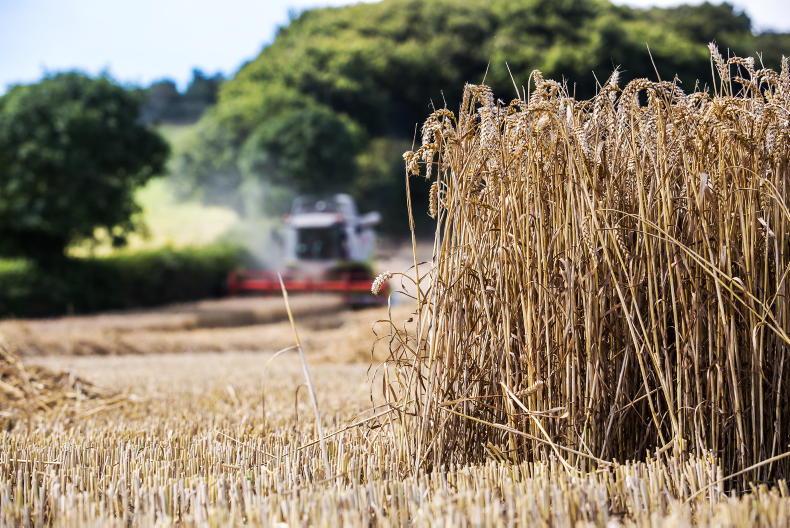

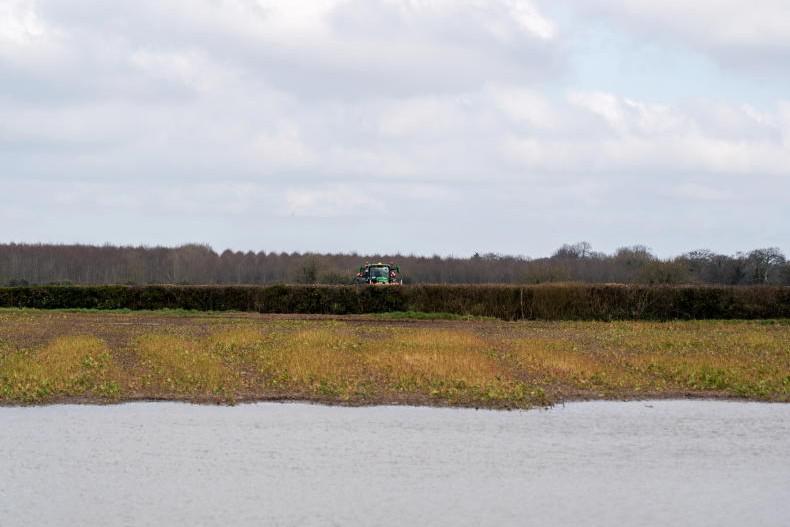

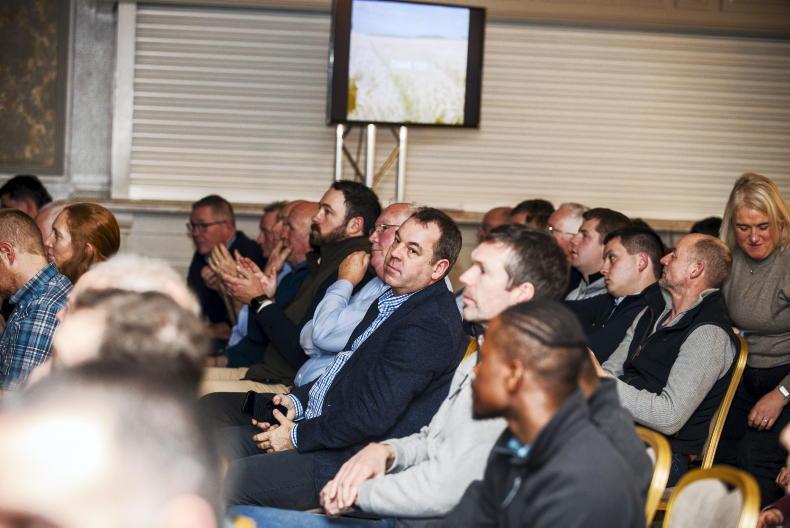
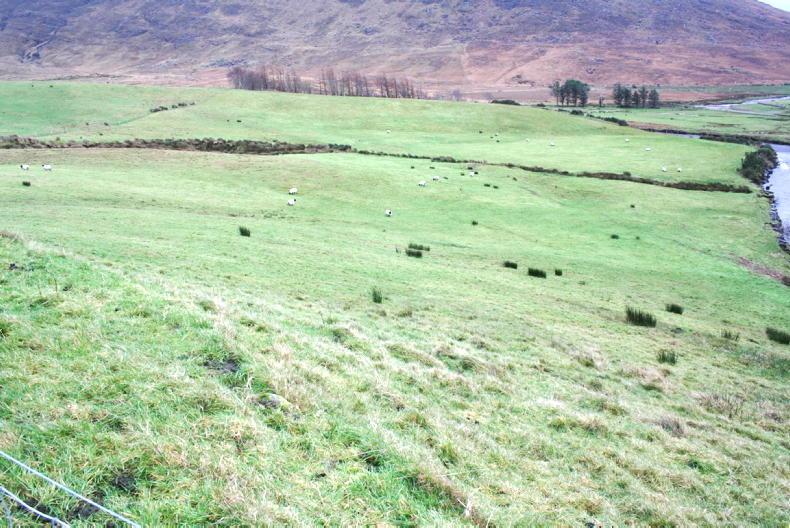
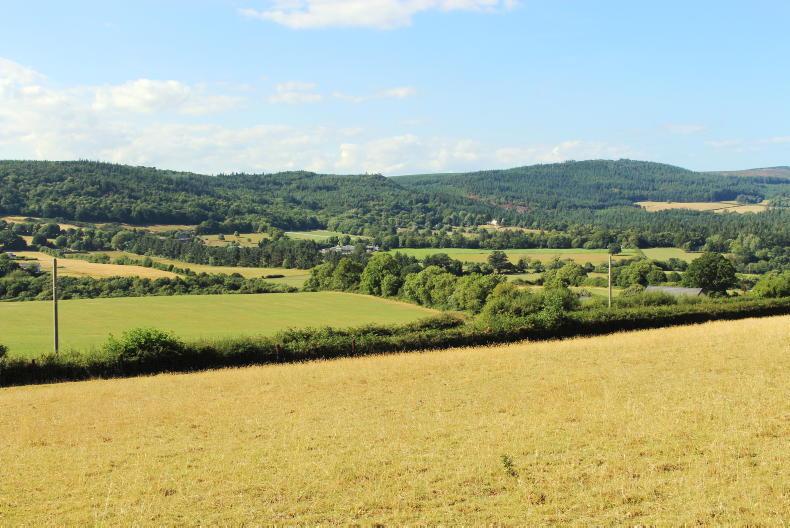
SHARING OPTIONS